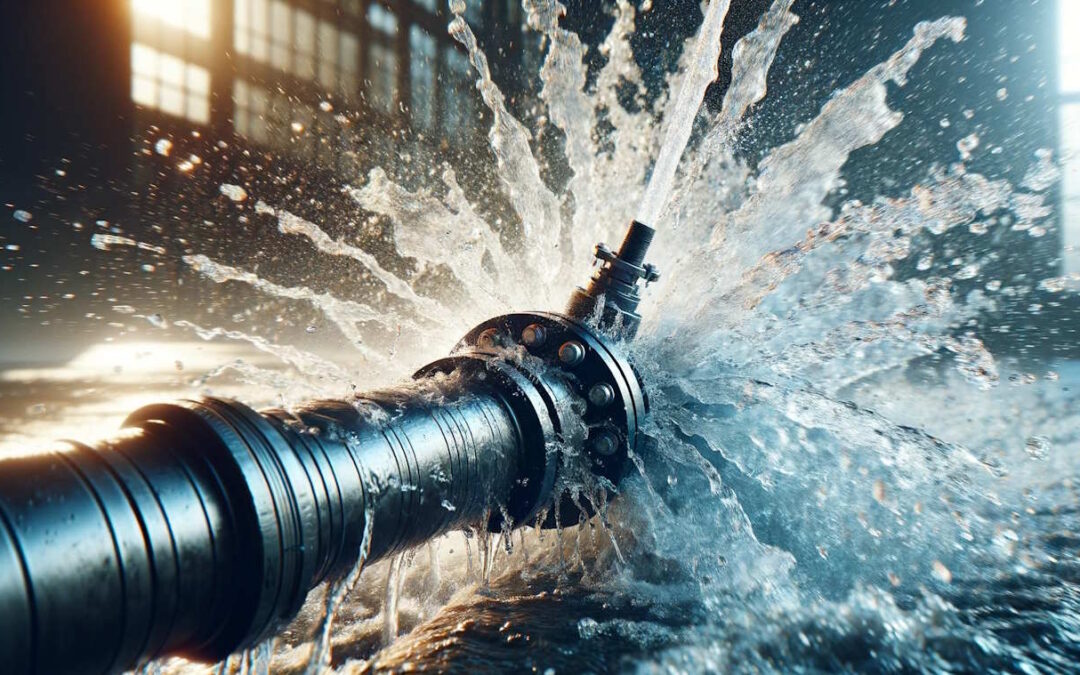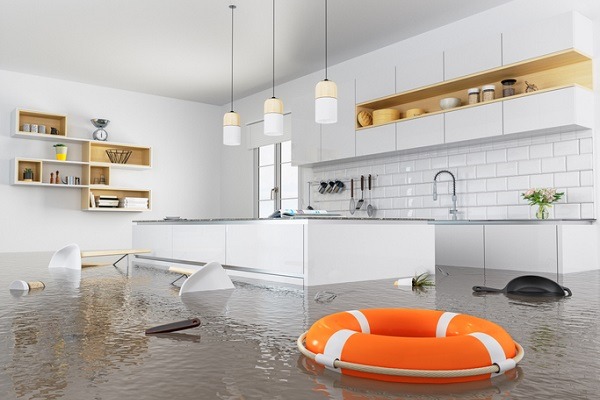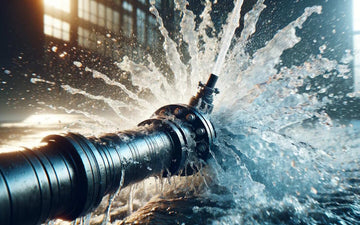In our fast-paced lives, the safety of our homes has never been more important. If you're looking to protect your property from potential water damage or want a reliable way to keep tabs on your plumbing, a home protection water sensor is an invaluable tool. These devices not only detect leaks but also help prevent water-related disasters, making them an essential part of contemporary home security.
With a home protection water sensor, you receive instant alerts at the sign of any leakage, enabling you to act quickly. By placing these sensors in vulnerable areas, homeowners can rest easy, knowing their property is shielded from unforeseen water damage.

Understanding the Home Protection Water Sensor
The technology behind home protection water sensors has come a long way. Nowadays, these sensors feature smart technology and are often linked to home automation systems. This allows for immediate notifications sent directly to your smartphone, ensuring that even the smallest amount of water is detected in real-time.
Many leak detection systems can now integrate with voice assistants like Amazon Alexa or Google Assistant, giving you even more control over your homes safety functions.
The Role of Leak Detection for Quality Assurance Professionals
For Quality Assurance (QA) professionals, grasping the intricacies of the technology that drives home protection water sensors is essential. QA experts are vital in ensuring that these devices adhere to required standards for optimal performance in everyday use.
Water damage can have devastating effects, making thorough testing of leak detection systems crucial. QA professionals must guarantee that the sensors provide reliable performance, respond swiftly to water contact, and integrate effortlessly with other smart devices.
Advantages of Installing a Smart Water Leak Detection System
- Lowering insurance costs: Many insurers provide discounts for homes equipped with leak detection technology.
- Mitigating mold growth: Prompt leak detection can help prevent harmful mold infestation.
- Safeguarding valuables: Rapid response to leaks can save furniture, appliances, and flooring from severe damage.
A detailed analysis of the pros and cons of smart leak detection systems is available on DripX, offering potential buyers valuable insights.
How Water Sensors Function
Typically, these sensors operate through two primary techniques: conductivity and flow detection. Conductivity sensors sense water by its conductive properties, which makes them ideal for leak detection in areas like basements. Flow detection sensors monitor water flow and can alert you to irregular patterns, such as constant flow which may signify a leak.
In-depth guides are available that detail how various types of sensors cater to specific home requirements, highlighting their ease of installation and management.

Installing a Home Protection Water Sensor
Setting up a home protection water sensor is generally a simple process, but hiring a professional ensures optimal sensor placement. Expert installers will position sensors in high-risk areas like under sinks, behind appliances such as washing machines, or near water heaters.
The technical setup usually consists of connecting the sensor to your Wi-Fi and downloading the related app for live monitoring. Utilizing the smart features of these sensors allows you to receive notifications and may even enable remote control of water flow in more advanced systems.
Common Questions
1. Where should I place a water sensor?
Ideally, sensors should be installed in leak-prone areas like basements, bathrooms, kitchens, and near appliances.
2. Can water sensors integrate with my smart home setup?
Yes, most modern water sensors work seamlessly with smart home systems, delivering alerts and management options.
3. What occurs when a leak is detected?
When a leak is detected, the sensor initiates an alert. Some advanced systems may also shut off the water supply to mitigate damage.
In conclusion, a home protection water sensor represents a wise investment in securing your homes welfare. For QA professionals, understanding how these devices operate is essential to ensure reliable, efficient home protection. With proper installation and integration into a smart home framework, homeowners can confidently embrace the future of home safety.






